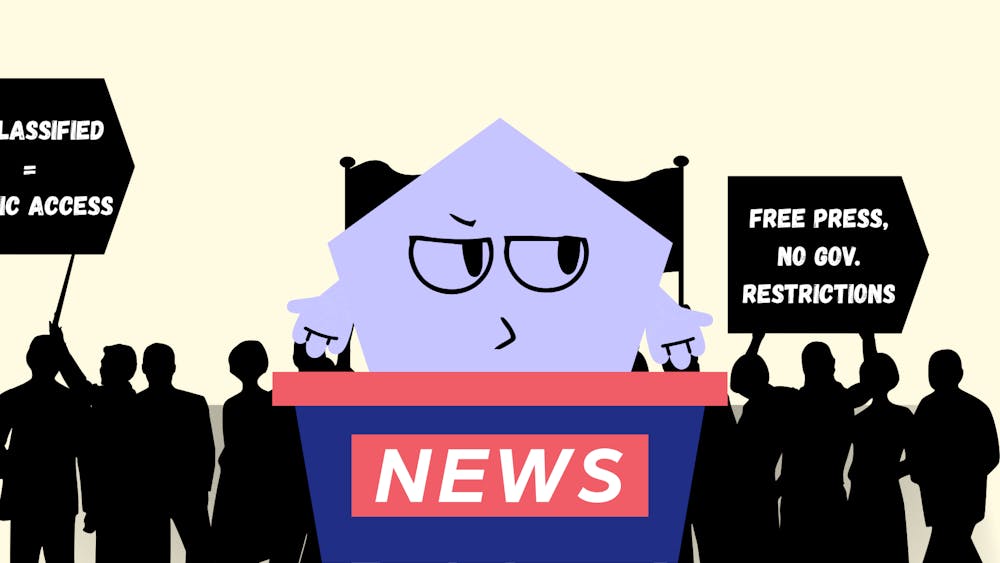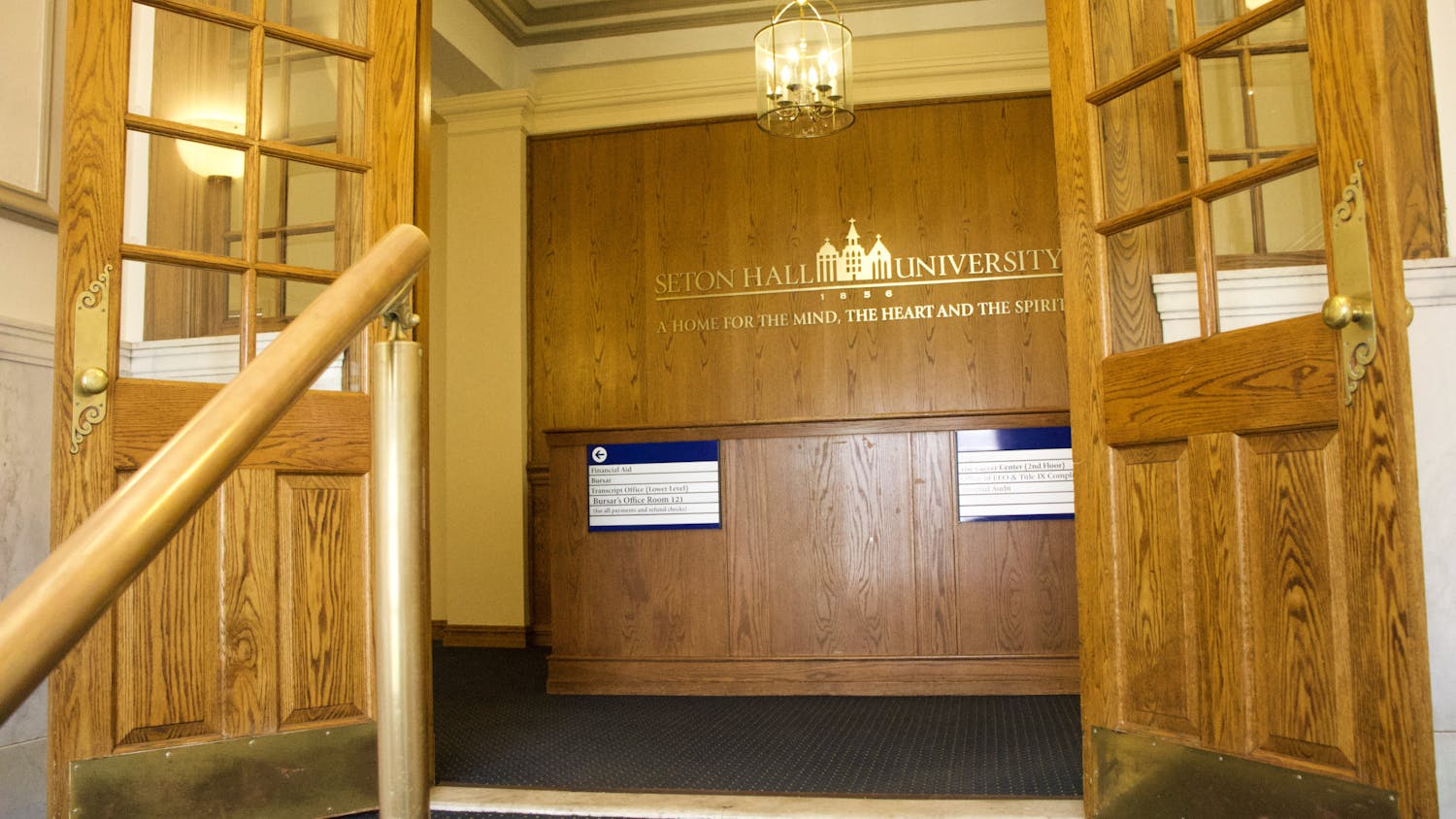U.S. Defense Secretary Pete Hegseth said journalists must agree not to disclose unauthorized information to maintain access to the Pentagon on Sept. 19. News organizations were given until Oct. 14 to accept the new restrictions.
The Pentagon is the home of the Department of War (DoW), formerly known as the Department of Defense.
In a note to the press, the DoW said “[department] information must be approved for public release by an appropriate authorizing official before it is released, even if it is unclassified.”
On X, Hegseth wrote in a post on Sept. 19, “The ‘press’ does not run the Pentagon – the people do.”
While the Pentagon frames these rules as a matter of national security, the reality is that they turn journalists into de facto spokespeople for the DoW. By requiring reporters to get approval before releasing even unclassified information, the DoW effectively places itself between the public and the truth.
Hegseth’s claim that the people are the ones who run the Pentagon might sound patriotic, but it raises a deeper question: whose interests are actually being served?
If journalists are silenced or softened in their coverage, the “people” lose because they are denied information about decisions that affect national security, defense spending, and the lives of service members. A free press is meant to hold power accountable, not act as a gatekeeper approved by the very institution it should be scrutinizing.
The practical effects are already clear. Journalists from almost every major U.S. news outlet, including The Washington Post, Fox News Media and The New York Times, have turned in their press badges in refusal.
ABC News, CBS News, CNN, Fox News Media and NBC News released a joint statement stating, “We join virtually every other news organization in declining to agree to the Pentagon’s new requirements, which would restrict journalists’ ability to keep the nation and the world informed of important national security issues.”
Only 15 reporters agreed to the new press policy: four from right-wing news outlets The Federalist, The Epoch Times and One America News, as well as several foreign reporters.
By tying access to compliance, the Pentagon effectively rewards outlets willing to mirror its messaging while punishing those that do not. Over time, this creates an increasingly biased reporting landscape, with the few voices granted access to shaping the narrative in ways that may not reflect the full reality of U.S. military actions or policy decisions.
To be sure, Sean Parnell, the Defense Department’s chief spokesperson, clarified that “Journalists are not required to clear stories with [the DoW],” according to PBS. Supporters of the policy argue that it simply ensures sensitive information doesn’t inadvertently jeopardize national security, and that journalists retain the final say over what they report.
But I ask, who is deciding what information is “sensitive”? When the DoW holds the power to define what can and cannot be reported, “sensitivity” becomes subjective, shaped by the Pentagon’s own priorities.
A press corps filtered through Pentagon approval doesn’t just harm journalism; It undermines democracy itself. Citizens rely on independent reporting to understand how their government acts in their name. When that reporting is constrained, public trust erodes, and the very institutions meant to protect the people gain unchecked power.
When access trumps independence, democracy itself becomes collateral damage.
Megan Pitt is the head editor for The Setonian’s News section. She can be reached at megan.pitt@student.shu.edu.





